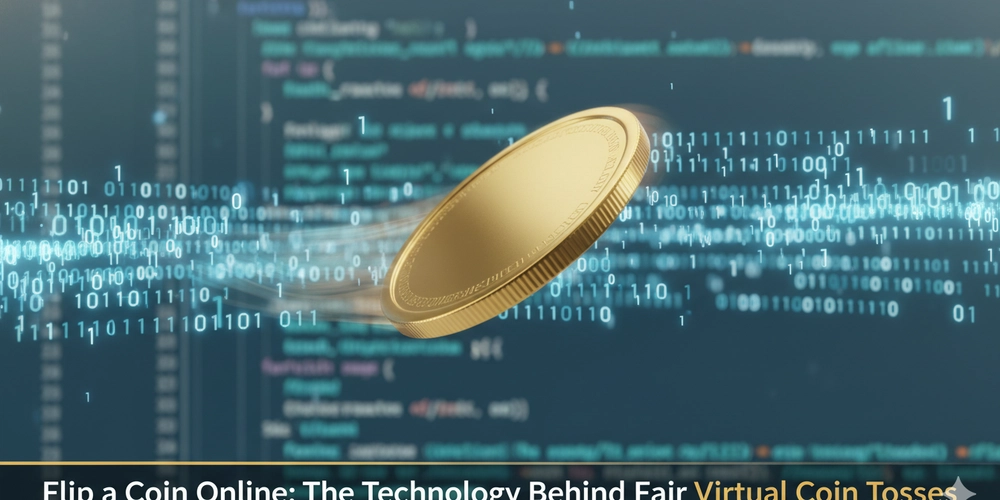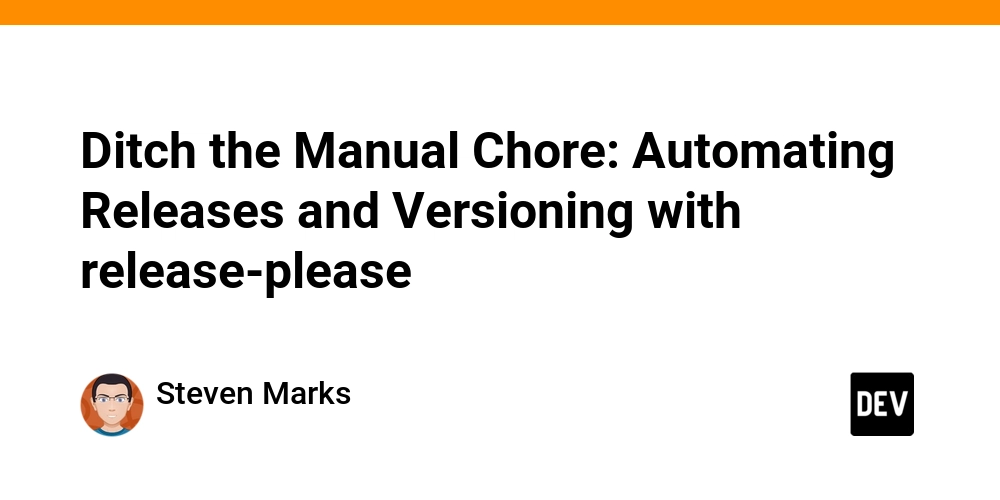Introduction
Have you ever flipped a coin to make a quick decision — but wished you could do it fairly and verifiably online? From choosing who goes first in a game to generating random tournament pairings, a fair virtual coin toss is surprisingly useful in our connected world.
In this post, we’ll explore how online coin-flipping tools work, how randomness is generated in code, and how developers can build their own fair coin flipper using simple JavaScript.
What Makes an Online Coin Flip “Fair”?
In programming, fairness is all about unbiased randomness.
A fair digital coin flip must ensure that:
-
Each outcome — Heads or Tails — has an equal 50% probability.
-
The process is transparent (users can verify it’s not rigged).
-
The randomness source is unpredictable.
Most online coin flippers use either:
Pseudo-Random Number Generators (PRNGs) like Math.random() in JavaScript.
Or True Random Number Generators (TRNGs) based on external entropy (like mouse movements or atmospheric noise).
Build a Simple Fair Coin Flipper in JavaScript
Here’s a quick example you can try:
function flipCoin() {
const result = Math.random() < 0.5 ? "Heads" : "Tails";
console.log(`You flipped: ${result}`);
return result;
}
flipCoin();
Every time you run this function, it generates a random number between 0 and 1.
If it’s less than 0.5, you get “Heads”; otherwise, “Tails.”
Improving Fairness with Crypto Randomness
For applications where verifiable randomness is important (like online games, lotteries, or crypto projects), you can use:
function cryptoFlip() {
const array = new Uint32Array(1);
crypto.getRandomValues(array);
const result = array[0] % 2 === 0 ? "Heads" : "Tails";
return result;
}
Here, crypto.getRandomValues() generates randomness from your system’s cryptographic source — making manipulation almost impossible.
Real-World Example: Fair Coin Flip API
If you want to test a live implementation, try FlipACoin.com — a simple, fair, and transparent virtual coin flipper.
It uses secure random algorithms to ensure true 50/50 outcomes and demonstrates how developers can use randomness responsibly in web apps.
Why Developers Should Care About Randomness
Randomness isn’t just for games. It powers:
- Secure authentication tokens
- Blockchain lotteries
- Data sampling and simulations
- A/B testing in web development
Understanding randomness helps you build more trustworthy, secure, and engaging applications.
Conclusion
A digital coin flip may seem trivial, but it represents one of the most fascinating concepts in programming — trust through transparency.
By combining cryptographic randomness, open-source code, and clear algorithms, we can make even the smallest digital actions — like a coin toss — fair and verifiable.
Try building your own, or explore the concept at FlipACoin.com for inspiration.



